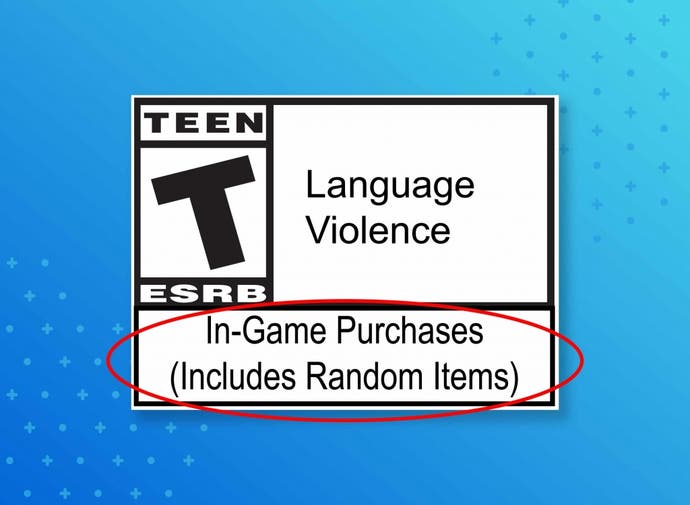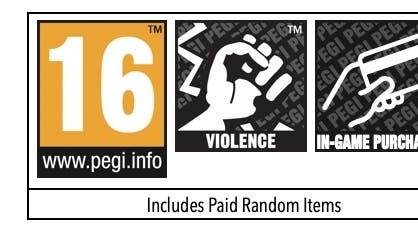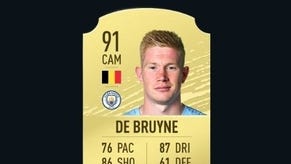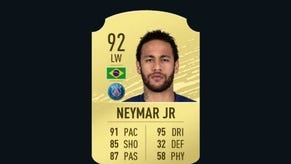UK games will now state if they let you buy random loot boxes and card packs
No need to open the box to find out.
European video games rating board PEGI has announced it will now label video games that include "paid random items" - a term meant to cover loot boxes, card packs and the like.
The rating will be shown on the back of game boxes and on digital store listings, below the existing "in-game purchases" icon which has been part of the PEGI rating since September 2018.
The ESRB, America's ratings board, today confirmed it would introduce the same measure.
Here's how the labels look:


PEGI defines "paid random items" as "all in-game offers to purchase digital goods or premiums where players don't know exactly what they are getting prior to the purchase (e.g. loot boxes, card packs, prize wheels)".
It does not matter if the in-game items received are bought with real-world money or in-game virtual currency purchased with real-world money - both are covered.
Both PEGI and the ESRB moved to label in-game purchases - regardless of whether they were blind boxes or the simple purchase of expansions - back in 2018 after a spike in controversy. The year before had seen awareness of microtransaction mechanics hit the mainstream, which in turn sparked debate over whether loot boxes constituted gambling (the answer to which still depends on where you live).
The issue has not left the headlines since. Last December, the DCMS Committee recommended the UK Government regulated loot boxes under the Gambling Act. And in January this year, the NHS said young people's health was at stake due to loot boxes "setting kids up for addiction" to gambling.
As more games offer the ability to purchase an expansion or season pass via the main menu, this new, additional warning for random items will serve as a clearer marker to differentiate between games with loot boxes - and those without.









